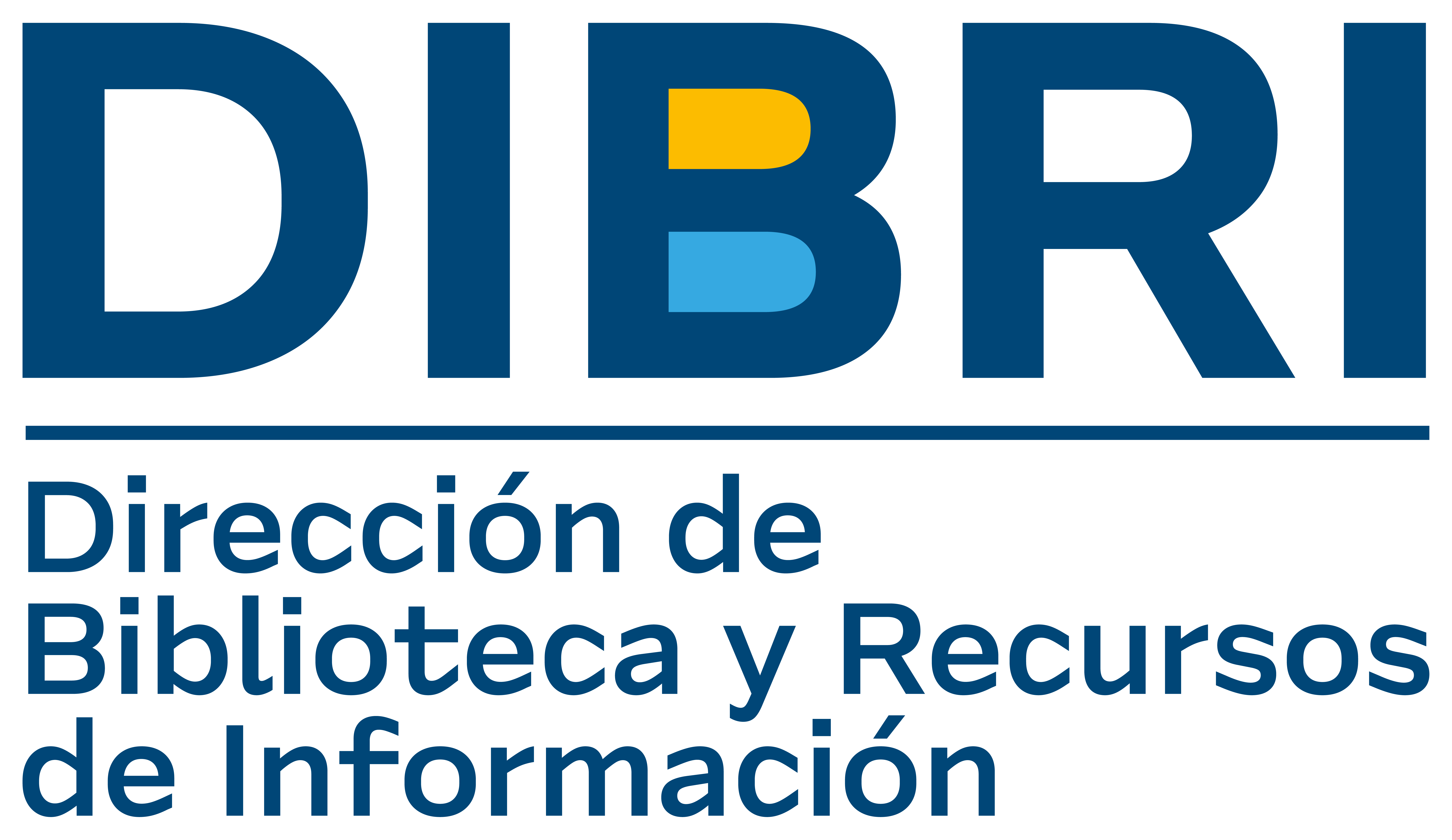The role of ludic strategies in the development of speaking skills
Resumen
The present study attempts to elucidate the role of ludic methodologies in the development of speaking skills when learning English as a foreign language. It also aims to corroborate the benefits of ludic activities in the learning and teaching methodologies of English classes. By analysing the effect that these types of activities have in enhancing and maintaining students’ motivation and participation in primary school, particularly in the third and sixth grades, it is expected to improve their speaking skills. A previous survey collected detailed data about the motivation that students had in English classes, which determined that what teachers and students wanted for their English classes was not actually happening. Later, two to three ludic activities were implemented over a whole unit to assess the achievement of the speaking skill of the students, specifically, activities related to guessing and imagining situations. Finally, the samesurvey was applied to determine if the motivation and participation of the students increased due to the use of ludification. As a result, it was determined that the interventions not only improved the students' participation but also their motivation andfeelings about using the language, which allowed them to practice it and relate to it in a more natural way.This study provides an alternative that allows teachers to be more productive and proactive when planning lessons. Implementing engaging activities benefits students through the application of ludic tasks to complement the teaching and learning methodologies of the English subject. The ludic approach that appears in this investigation may help teachers to adapt their activities and to complement their techniques to facilitate students’ learning process, leading to the development of their motivation and confidence.



